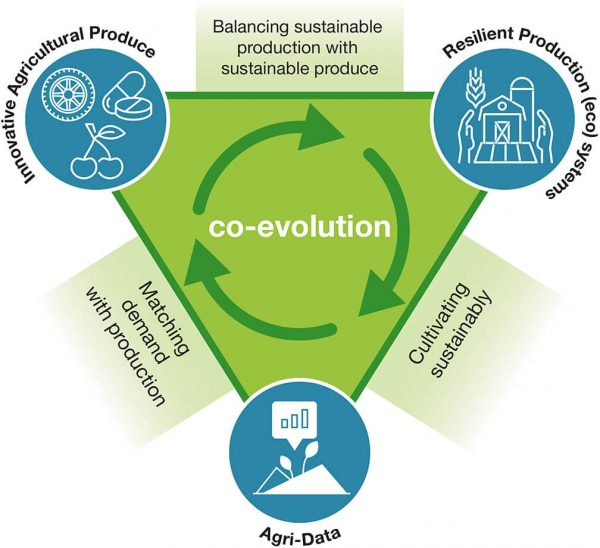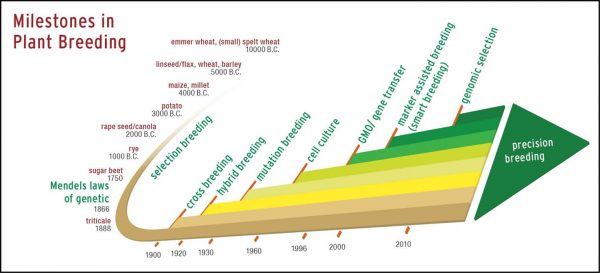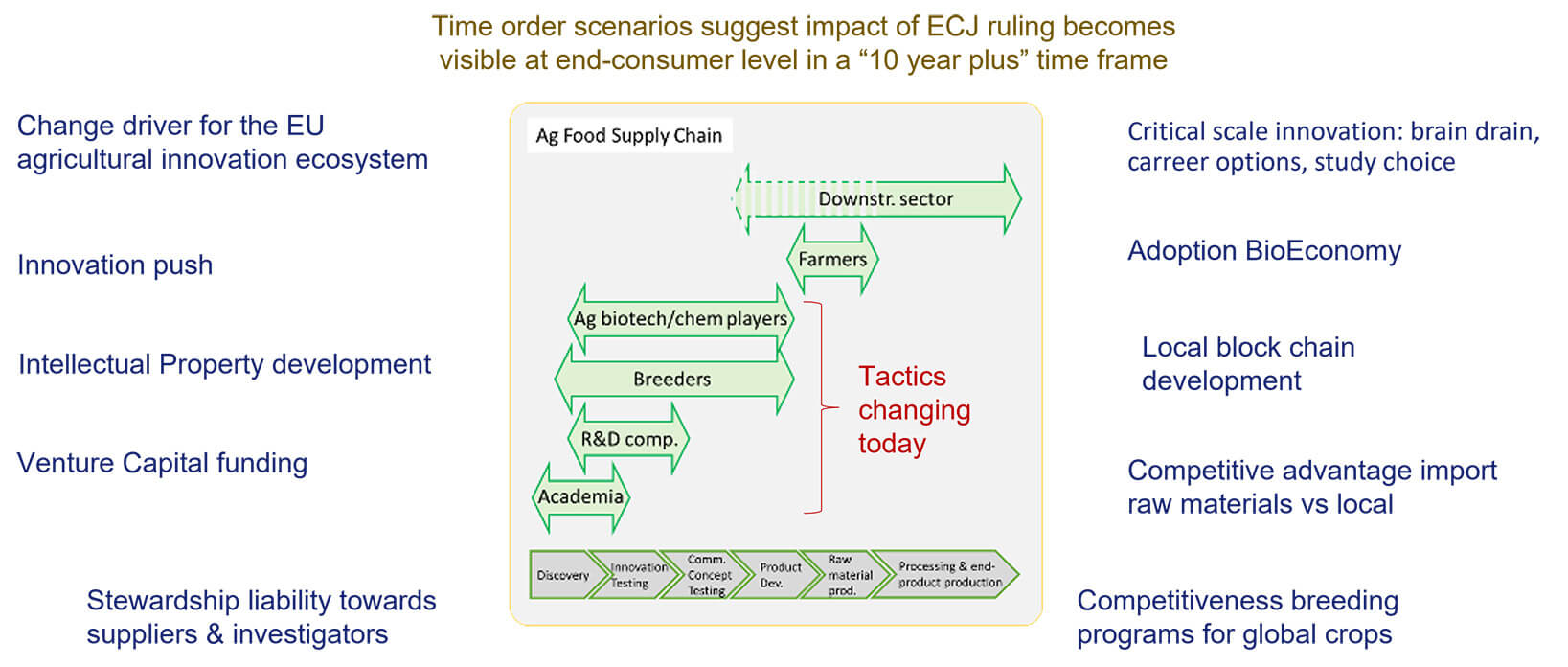Working groups
When relevant, Plant ETP establishes working groups to focus on specific topics, co-create ideas and identify solutions to challenges.
The working groups are made up of a broad range of experts from the Plant ETP membership.
When relevant, Plant ETP establishes working groups to focus on specific topics, co-create ideas and identify solutions to challenges.
The working groups are made up of a broad range of experts from the Plant ETP membership.
Plant ETP considers an EU-wide transition to more sustainable and innovative agriculture systems urgent. To actively contribute to this transition, the Plant ETP established a working group on Sustainable Agriculture with experts from academia, the seed and breeding industry, agricultural service providers, and the farming community.
The aim of this working group is to consider, from a plant sector perspective, the challenges, and opportunities of entire agricultural value chains in a holistic way, while developing a vision for future systems spanning food, feed, and biobased raw materials.

In its most recent activities, the working group considered the short and longer term challenges and opportunities of the agricultural value chains holistically, and used this to develop a vision for future systems spanning food, feed and biobased raw materials. Strategic direction and recommendations of essential research and innovation were developed for the benefit of policymakers, research funding providers, practitioners, and innovators throughout agricultural value chains.
The working group identified three main and interdependent drivers that should be developed in parallel and which will enable the transition towards more environmentally and socio-economically sustainable agricultural systems
Plants for the Future’s perspective on sustainable agriculture – R&I recommendations Report – 2021
Plant ETP supports an innovation-friendly policy environment driving proportionate, science-based, regulation of new plant breeding techniques, also known as new genomic techniques (NGTs).
In the last 20 years, productivity gains in agriculture were mainly driven by plant breeding (~66%, Noleppa and Cartsburg, 2021. If fully implemented, the EU Green Deal’s Farm to Fork and Biodiversity strategies are projected to result in up to 23% reduction of crop yields by 2030. To avoid the socio-economic fall-outs of such a reduction, as well as the risk of off-shoring the EU’s carbon footprint by increasing imports from less sustainable sources, this yield gap must be compensated for.
Many solutions can contribute to increasing productivity gains, including improving farm management practices and reducing food loss and waste. However, without the development of new and/or improved, diverse and resilient crop species and varieties, the impact of these solutions will remain limited.

Source: American Seed Trade Association, ASTA
NGTs have enormous potential as they, among other things, enable targeted mutagenesis or genetic changes of a plant’s genome, thereby significantly reducing the time needed to breed new crop varieties for the market, as well as domesticate wild species. This would enable breeders to respond more efficiently to demand. Moreover, the European food safety authority (EFSA) concluded that crop varieties developed using genome editing, and for which the induced changes in its genome could have been obtained by conventional breeding or spontaneous mutation (i.e., SDN1 and SDN2), do not pose new hazards compared to plant varieties developed by conventional breeding methods.
Source: EU Commission
Plant ETP and its members are convinced that NGTs can provide significant benefits for society as a whole, particularly for the environment, and is a critical enabler of EU welfare in a transition to a fossil-free bioeconomy. We believe that the use of all safe and innovative techniques at our disposal is necessary to meaningfully contribute to achieving the goals of the EU Green Deal and the United Nation’s Sustainable Development Goals.

Plant ETP established a working group on genome editing in 2019 with an initial aim to assess the impact of the EJC ruling in 2018 on agricultural value chains. Considering the short, medium and long term effects of the ruling, the impacts are expected to become visible at consumer level from approximately 10 years after the ruling.
Plant ETP is committed to engage stakeholders in the discussion on the use of NGTs in plant breeding. This has been done as part of our contribution to the Horizon 2020 project CropBooster-P, as well as through open webinars.